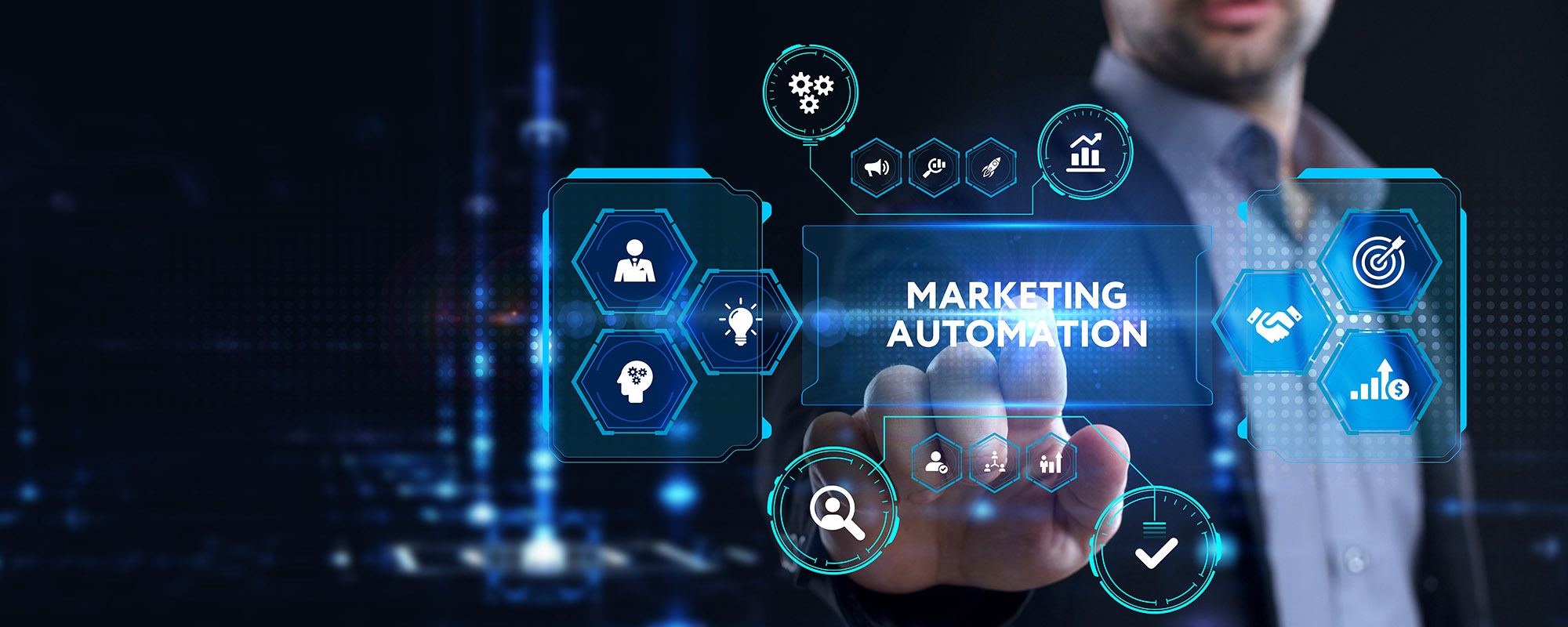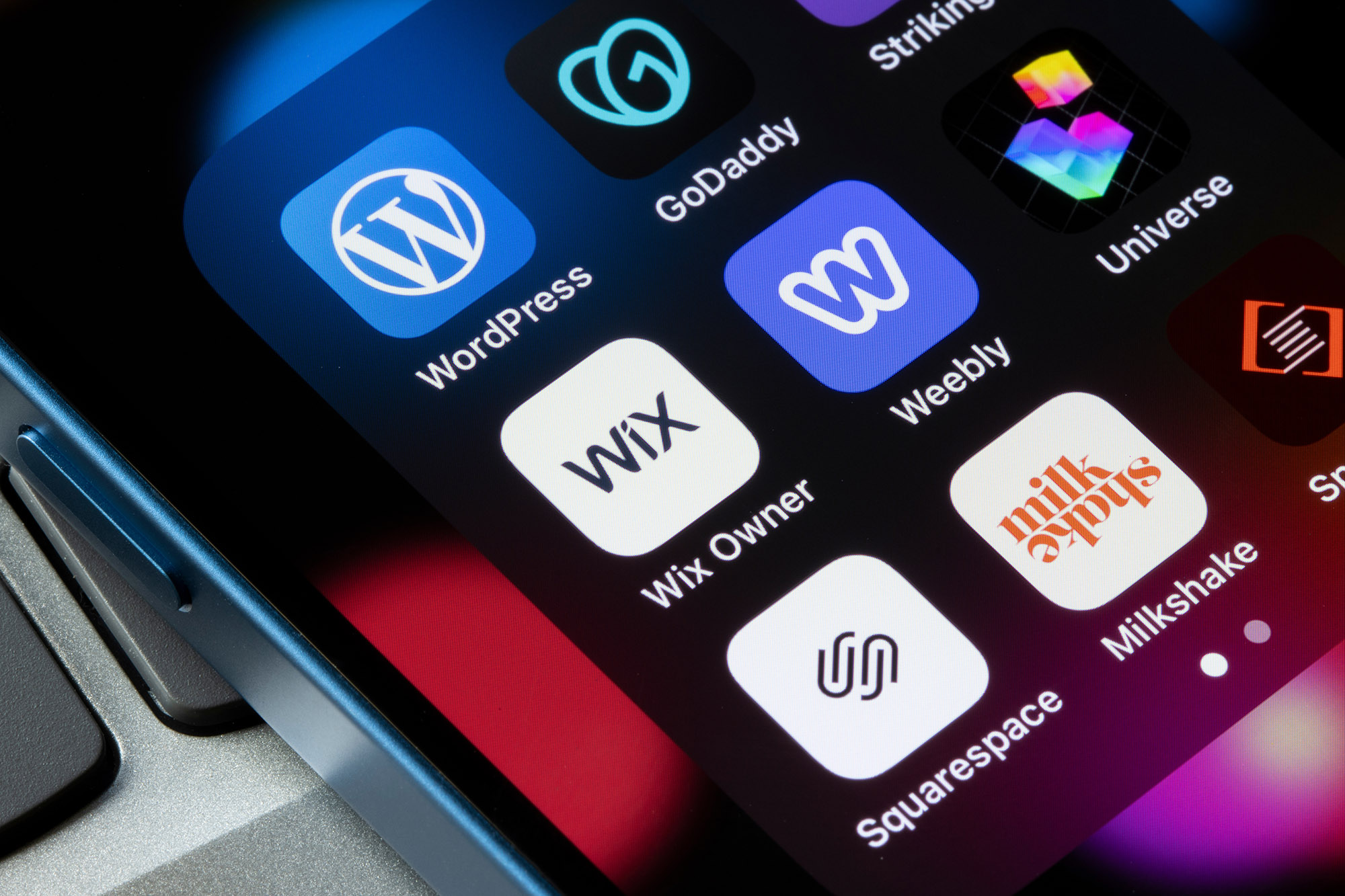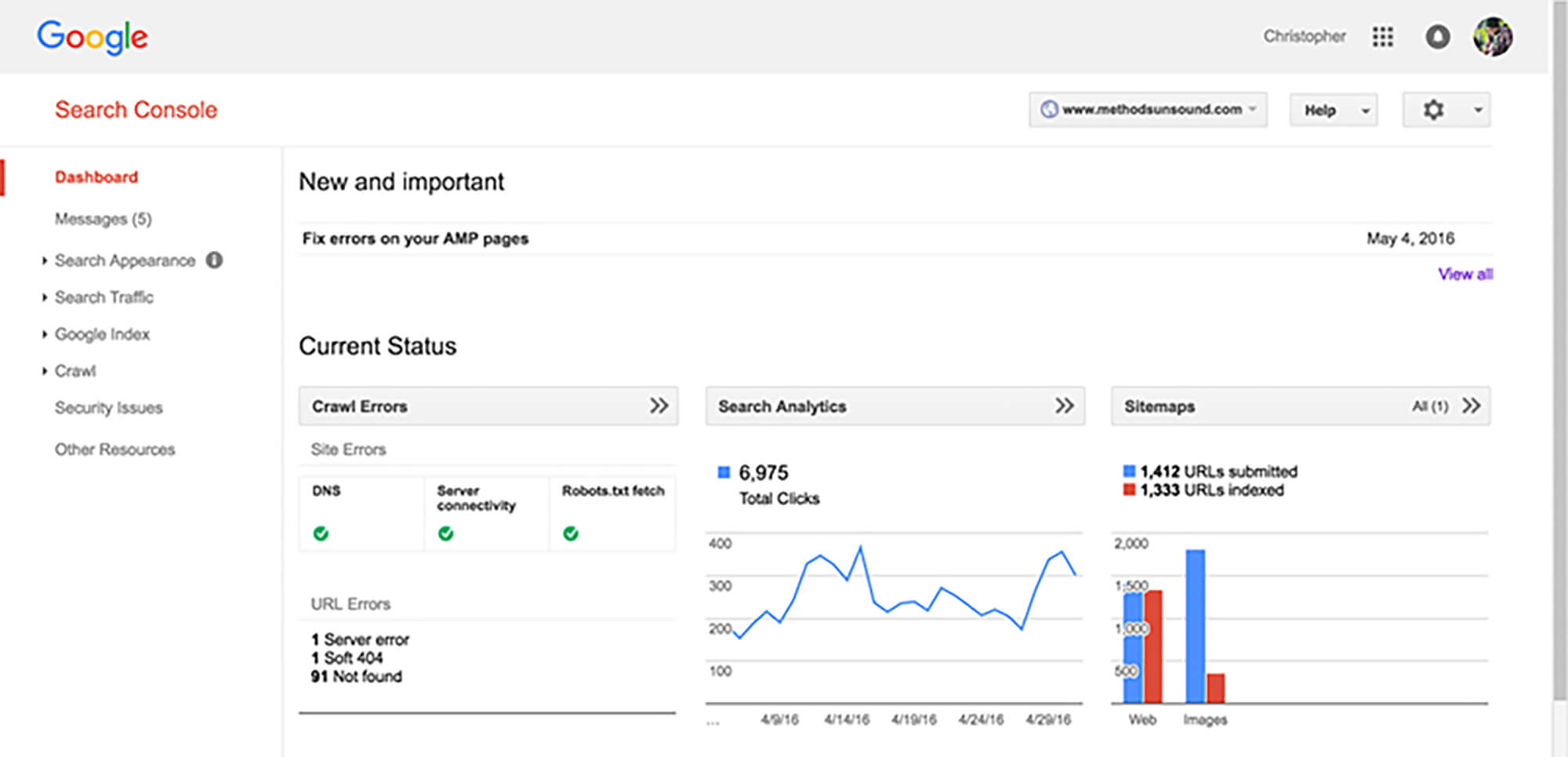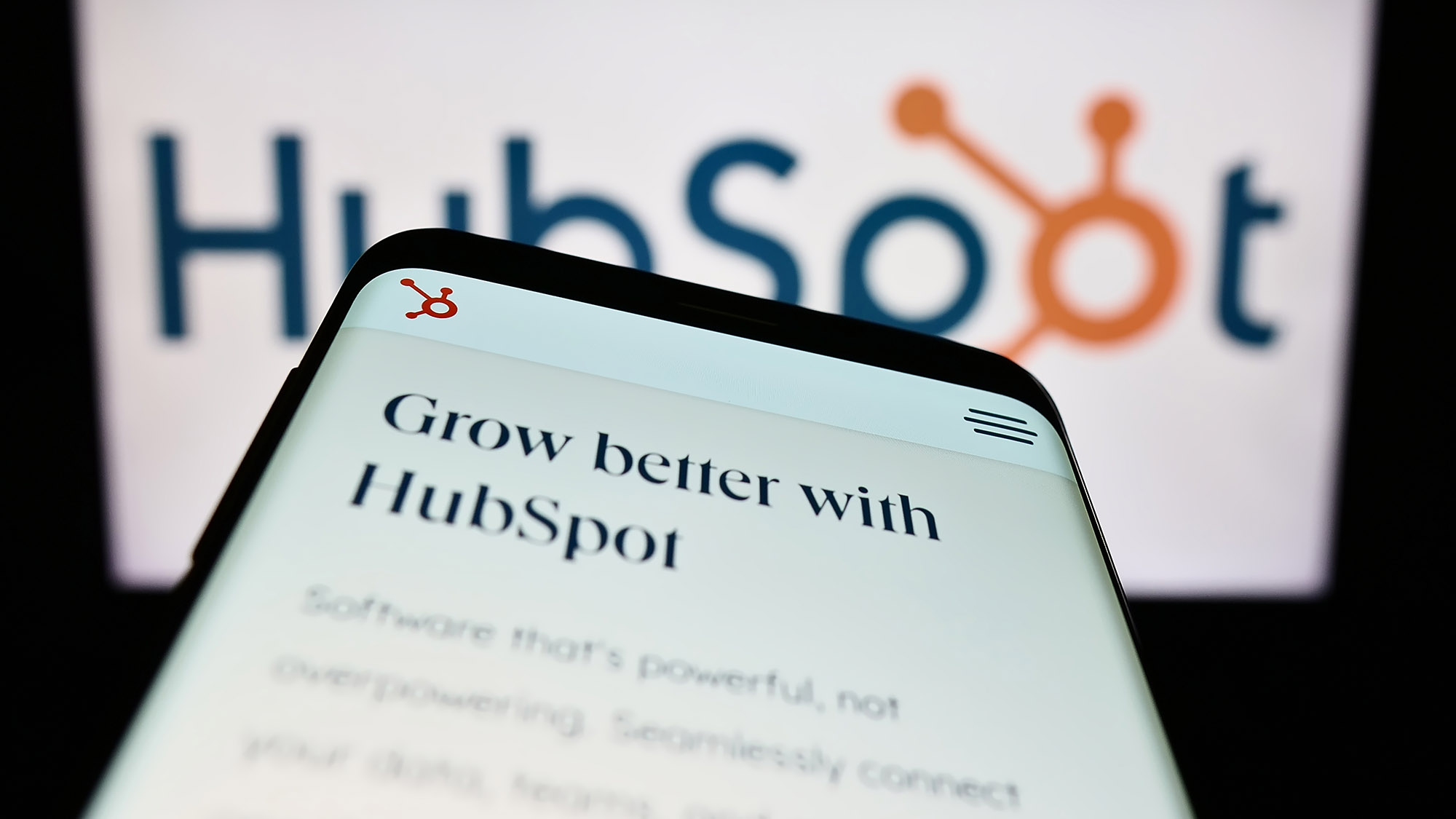
Marketing automation refers to the use of software and technology to automate repetitive marketing tasks, thereby freeing up human resources for more strategic endeavors. Whether it’s sending out targeted email campaigns, managing social media posts, or tracking customer interactions, automation is a game-changer in how businesses approach their marketing strategies.
Why is Marketing Automation Important?
- Scalability: Automation allows businesses to scale their marketing efforts without proportional increases in labor or expenses. What was once a tedious process that required manual input can now be executed in bulk, automatically.
- Personalization: Automation tools often have advanced segmentation features, enabling businesses to send highly personalized content to their audiences. This level of personalization improves user engagement and increases the likelihood of conversion.
- Data Analytics: An automated marketing system gathers and analyzes valuable customer data that can be used to refine future campaigns. This data-driven approach is key to staying competitive in today’s market.
- Resource Allocation: By automating routine tasks, businesses can reallocate human resources to focus on strategy and creativity, elements that machines cannot replicate.
- Consistency: Manual efforts are susceptible to errors and inconsistencies. Automation ensures a level of consistency that is hard to maintain otherwise.
As businesses strive to adapt to these changes and challenges, the search for a comprehensive tool that offers both automation and an array of other features becomes critical. One such tool that has emerged as a frontrunner in this space is HubSpot, a platform designed to help businesses navigate the complexities of modern marketing.
In the chapters that follow, we will delve deeper into the unique capabilities that make HubSpot an indispensable asset for any modern business.








